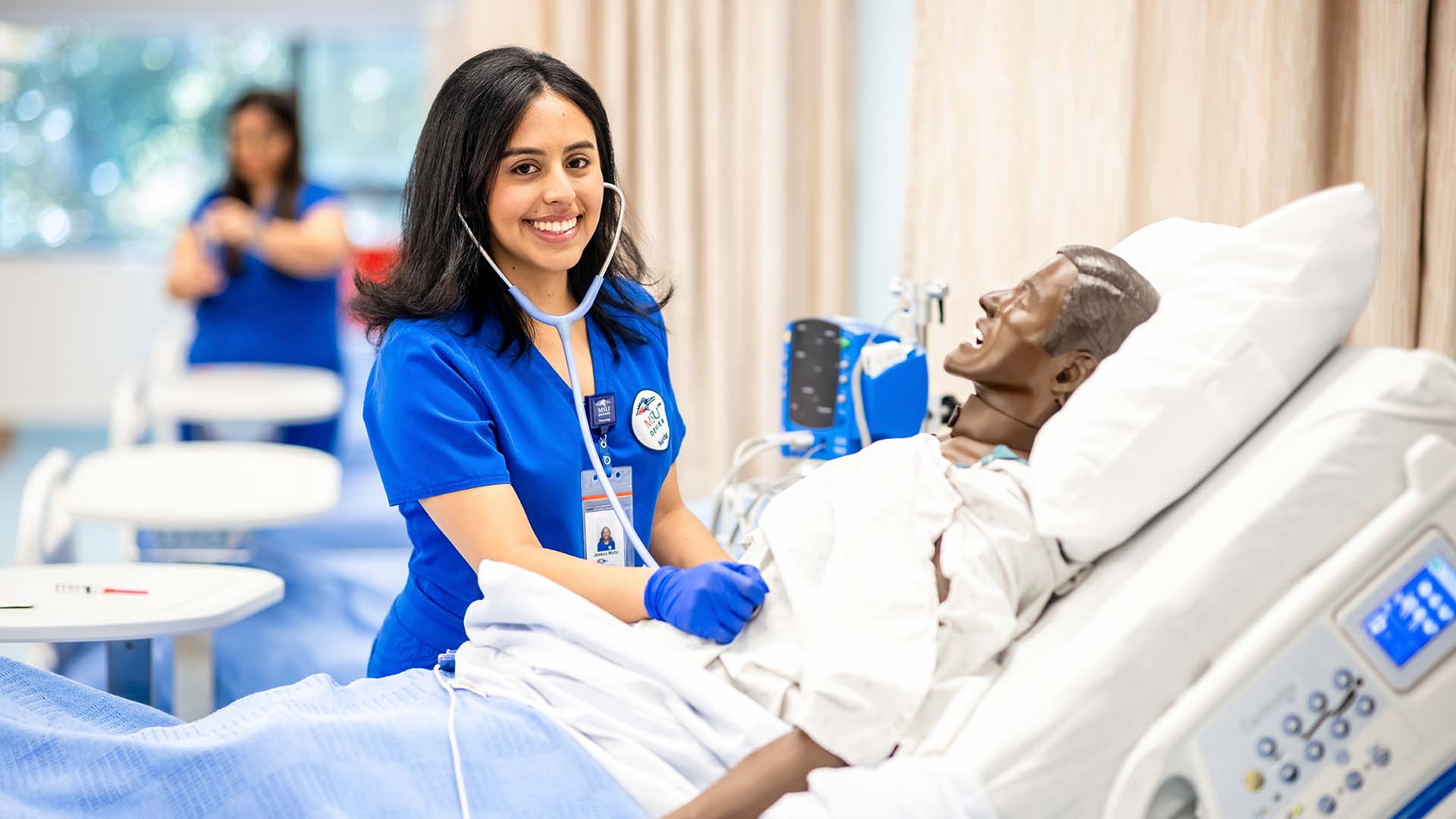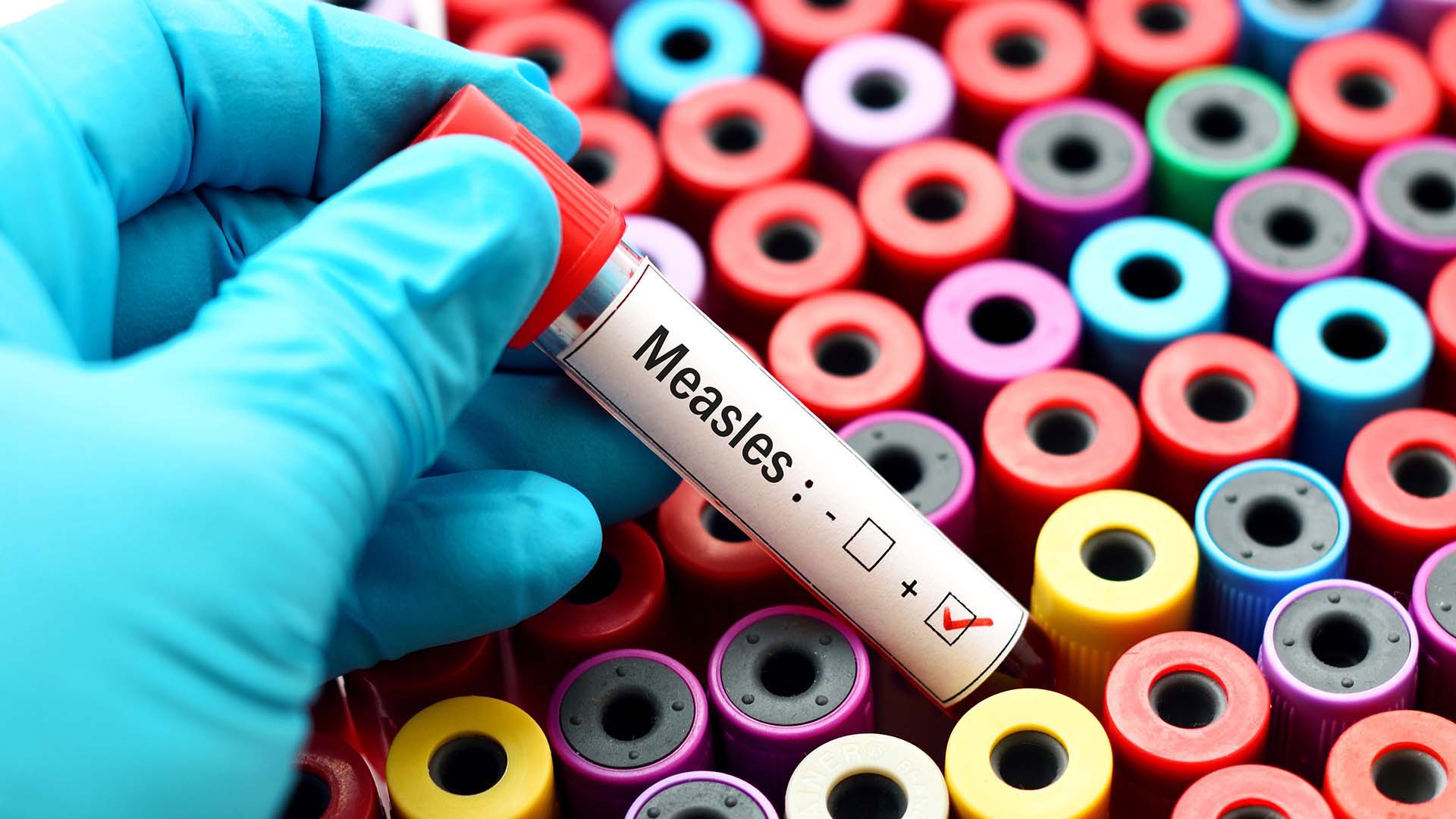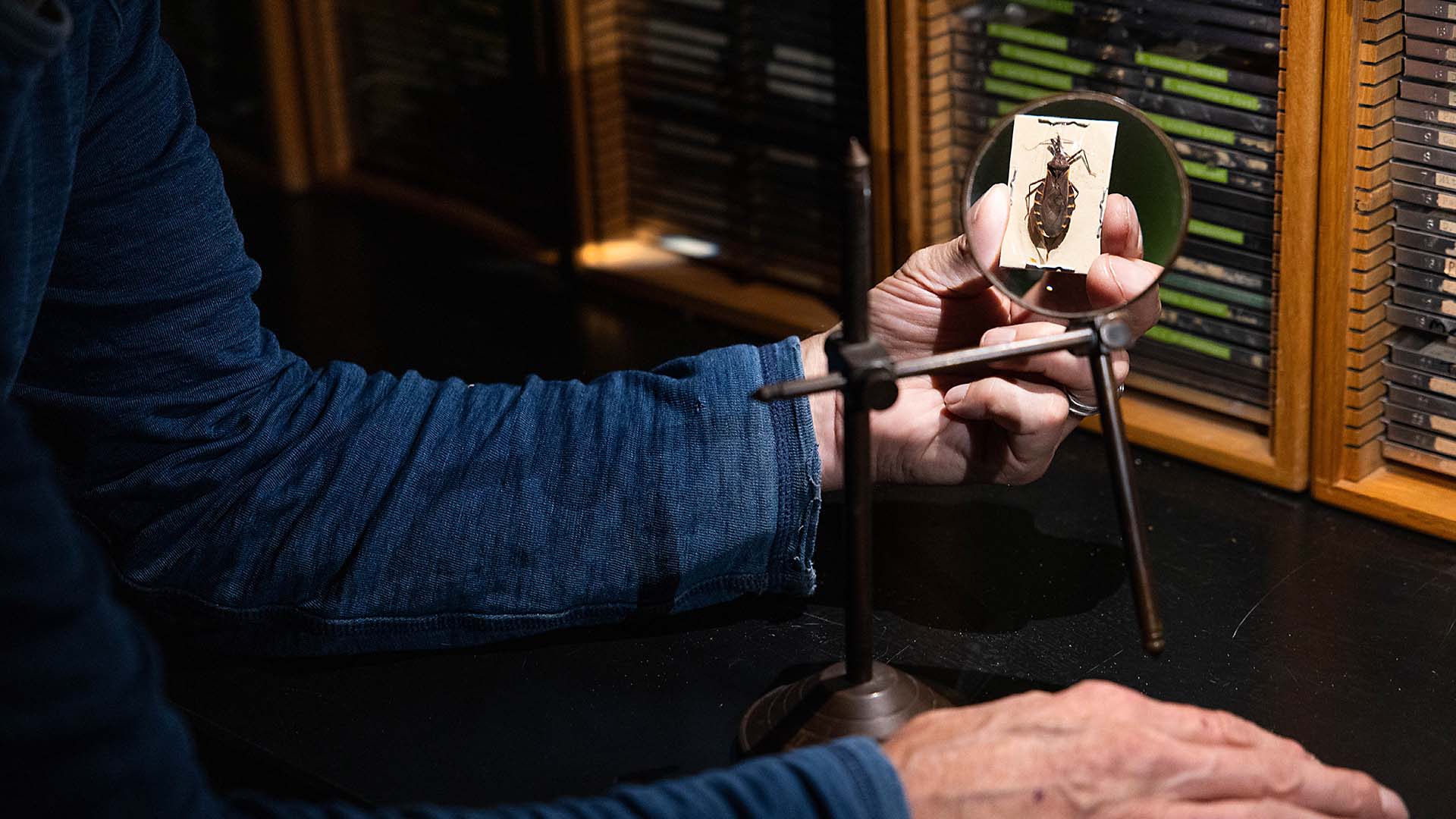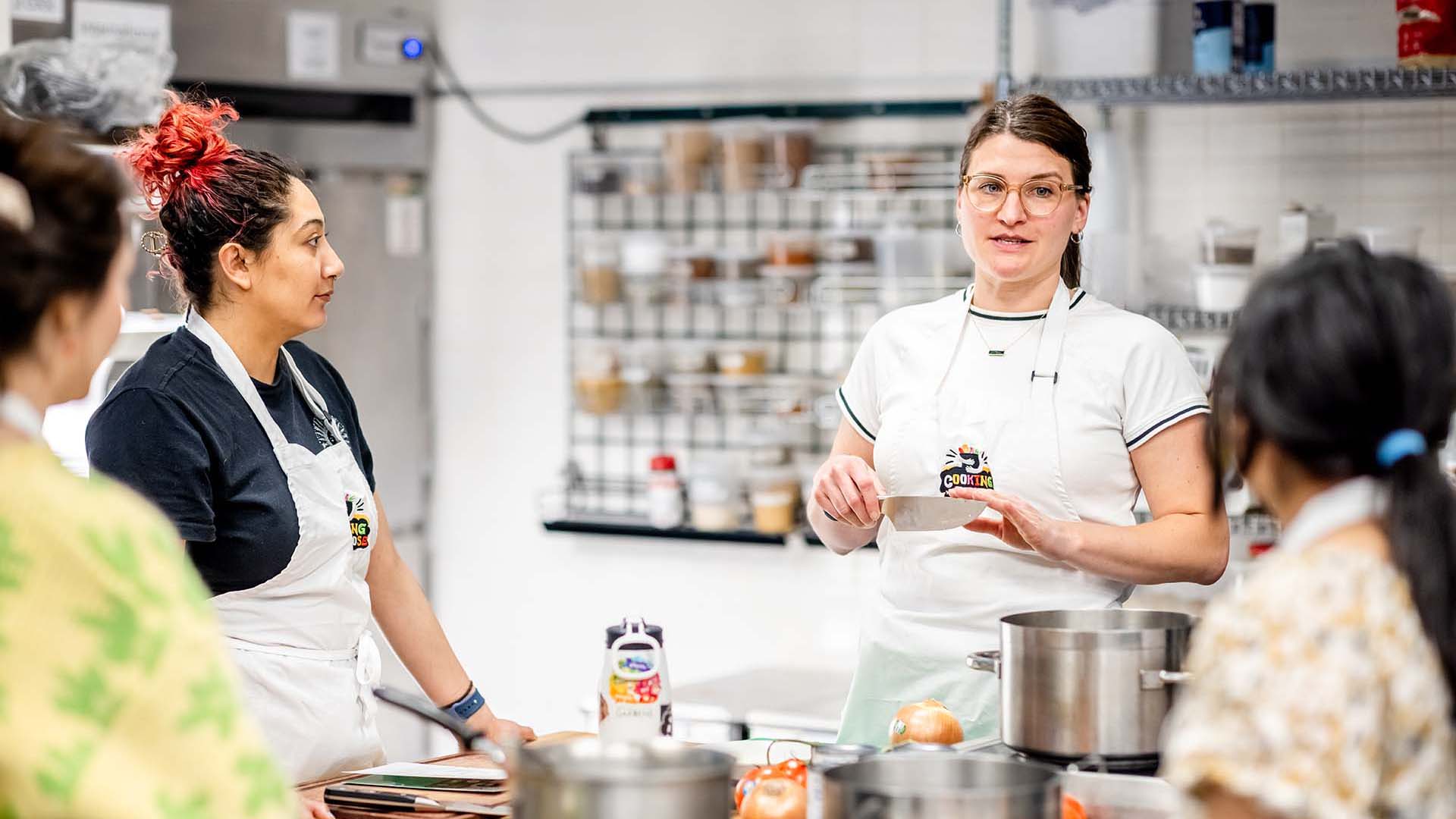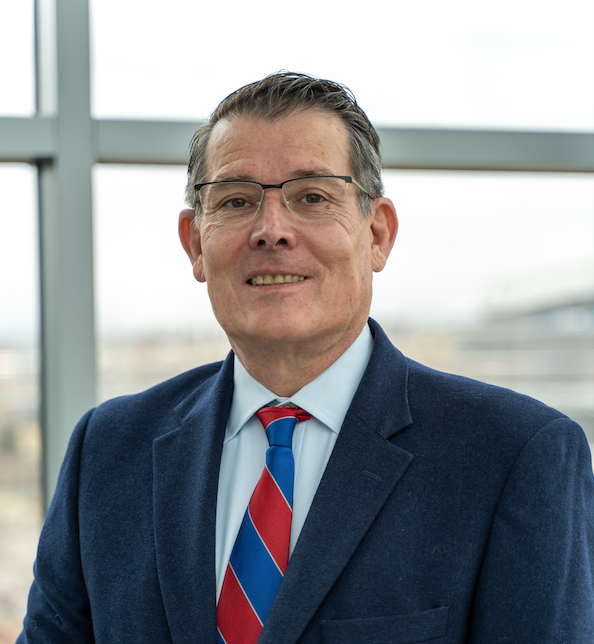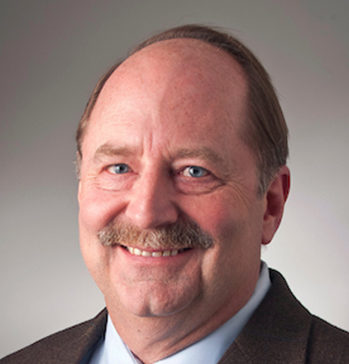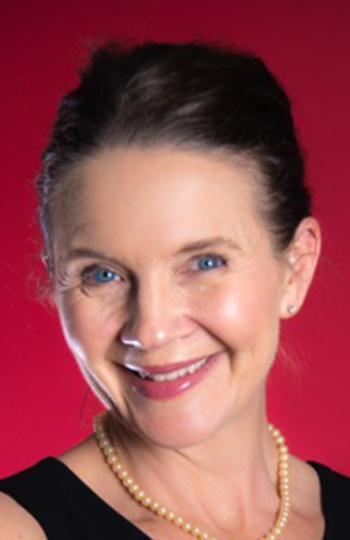We need to talk … about mental health
Two grants totaling $3M to train behavioral health and addictions clinicians in medically underserved communities.

What happens when people struggling with drug addiction or other behavioral health issues don’t have access to support from trained professionals?
“I can tell you it’s not good,” says Dawn Matera-Bassett, associate professor in the Department of Social Work at MSU Denver. “That’s the situation in Colorado right now, even if people don’t want to talk about it.”
Matera-Bassett sums it up this way: There are 64 counties in the state. In 57, there are shortages in behavioral health professionals.

“And people with grave mental health problems – who don’t get treatment – can make horrible choices,” she says.
For evidence, just turn on the evening news: parents passed out in cars while babies cry in the back seat, mass shootings, burglary. The list goes on.
But here’s the good news – help is on the way, thanks to two grants recently awarded to Matera-Bassett by the Health Resources and Services Administration. The four-year grants, totaling $3.06 million, support the training of future clinicians, particularly those committed to working in medically underserved communities.
Clinicians and counselors in training
Who are these altruistic future social workers and counselors? And how exactly will the grants help them?
The first HRSA grant supports graduate students in MSU Denver’s Master of Social Work Program. Each year, up to 29 students can apply for $10,000 stipends to be used to complete their education. Applicants must be working in clinical settings and demonstrate a commitment to helping vulnerable populations.
Shawn Brndiar, an alumnus who received funds from a similar HRSA grant during his time in the MSW program, says the additional support made a world of difference. “Not having to pay for an entire year of classes or take on more debt, especially when I knew I wanted to go on to get my doctorate, was extraordinarily helpful.”

Brndiar now works as a behavioral health counselor at the Center for Dependency, Addiction and Rehabilitation (CeDAR), which is part of the University of Colorado Health system. He graduated from MSU Denver’s MSW program in 2015 and also did his undergraduate work at the University in the Department of Human Services and Counseling.
The same department collaborated with Matera-Bassett on the second grant, which is intended to address paraprofessional workforce shortages in rural or medically underserved communities. That means supporting individuals who are seeking state-certification in addictions or high-risk youth counseling. The grant provides $3,000 a year to 70 qualified participants.
“Our addiction concentration already qualifies students to take the certification exam, but this grant lets us serve so many more people,” says department chair Lynann “Annie” Butler. “It also takes some of the financial burden off students who want to give back to the community, especially in remote areas.”
Support for rural communities
Believe it or not, most of Colorado is classified as rural by the United States Department of Agriculture. And people in rural areas tend to be among the most underserved when it comes to behavioral health care. Sometimes they have to travel hours just to make it to a clinic and then might meet with someone who doesn’t have the proper training to provide useful and relevant care.
One of the most unique features of the paraprofessional grant is it provides funding for outreach and training within rural communities. The plan is to partner with community centers, behavioral health organizations and even local government to recruit and train clinicians who want to stay in their home communities and support the mental health needs in those areas.
Training seminars will take place at convenient local hub sites, where people working in the field can receive intensive preparation that would lead to certification as addictions counselors. Classes will be taught by MSU Denver full-time or affiliate faculty.

For Matera-Bassett, the principal investigator on both grants, this is an important step in the right direction. “Access to care is essential,” she says. “Having the opportunity to work with a well-trained professional who is from the local community, who understands the unique issues and needs in that area, will make a big difference in the lives of people who are struggling.”
Social work alumna Mari Foster agrees. In her role as a child and family integrated care clinician at Denver Indian Health and Family Services, she has seen firsthand how identification can make a difference in a clinical setting.
“Clients have an easier time working with someone they can relate to,” she said. “They feel like that person can really understand them and their situation in a way someone from outside the community might not.”
On a mission
If Matera-Bassett and Butler have it their way, there will soon be a small army of qualified mental health professionals heading out across the state to help people in need.
And they are not alone. The University’s grant proposals were boosted by letters of support from leaders and organizations across the state, including Sen. Michael Bennet, U.S. Rep. Diana DeGette, state Rep. Jonathan Singer, the Colorado Office of the State Court Administrator and the Colorado Office of Behavioral Health, among others.
Of course, none of this would be possible without the HRSA’s commitment to empathetic health equity and workforce development – values shared by MSU Denver.
“Our educational mission is to serve the underserved and to strengthen Colorado’s workforce,” Butler says. “These grants perfectly mirror that mission, and amplify our work across the entire state.”

